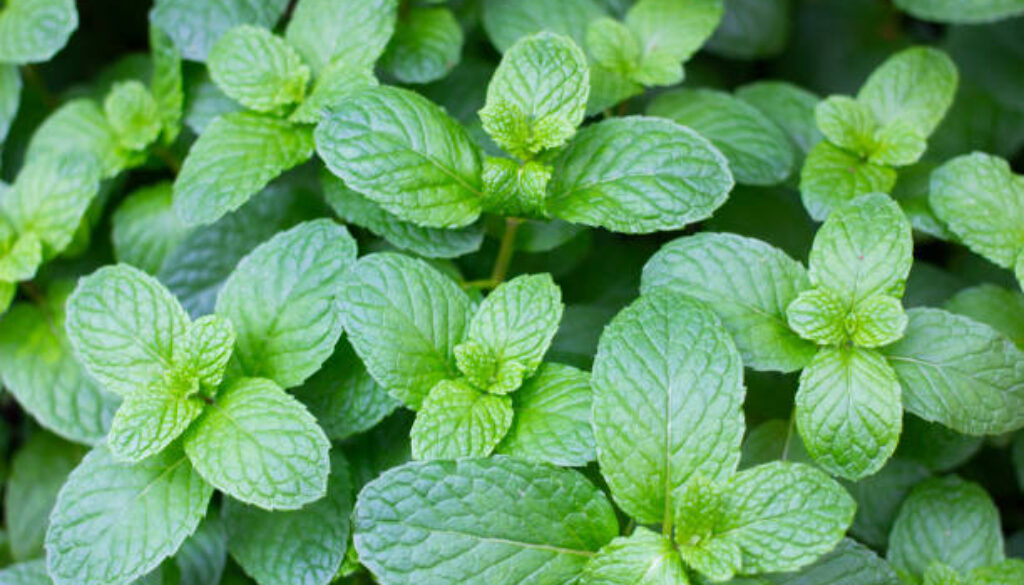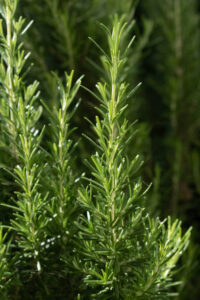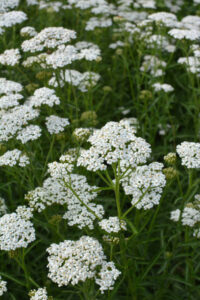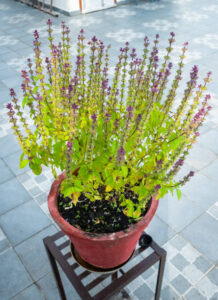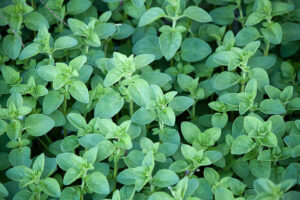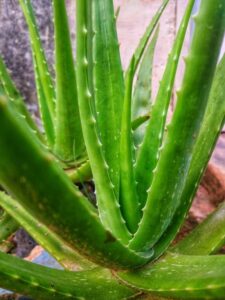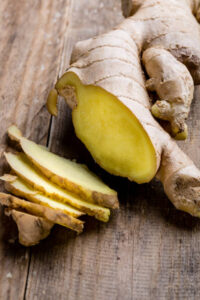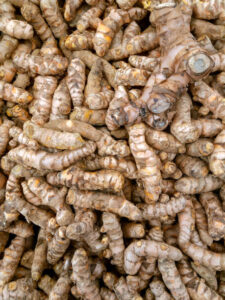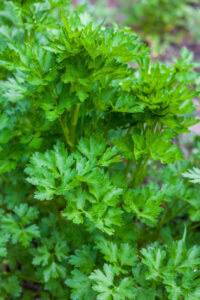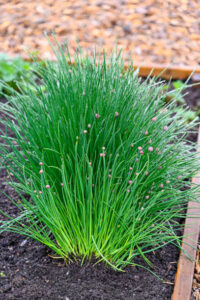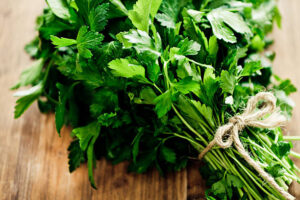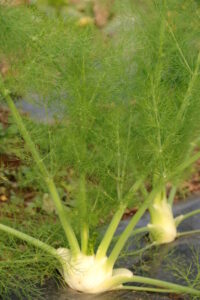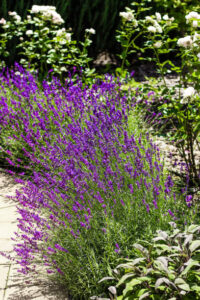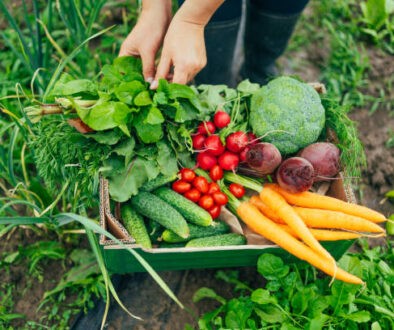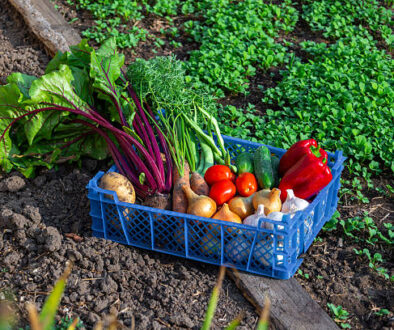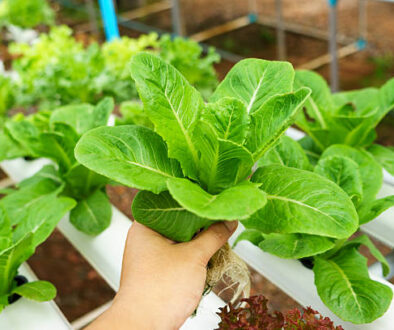21 Easy Medicinal Herbs to Grow in Your Healing Garden
If you’ve ever thought about starting a Medicinal Herbs Garden, I am here to guide you through how to do it the easy way.
Growing your own medical herbs isn’t just rewarding, it’s also practical.
Imagine stepping outside and picking fresh leaves for tea, soothing salves, or natural remedies.
With the right easy medicinal plants guide, you can fill your backyard with herbs that help with everything from digestion to relaxation.
In this post, we’ll talk about herbal medicine plant ideas that are simple to grow and super useful.
You don’t need acres of land or a green thumb to get started—just a little space, sunlight, and the right plants, and you’ll be good to go.
Think of it as your personal medicine garden that’s always within arm’s reach.
Whether you’re curious about medicinal plants and their uses or just want the best herbs to grow for everyday wellness, you’ll find plenty of inspiration here.
Related:
- 12 Best Medicinal Herbs to Grow + Their Powerful Benefits
- How To Make a Medicinal Garden That’s Both Easy Care & Beautiful
- 28 Essential Herbs You Should Plant In Your Apothecary Healing Garden
1. Chamomile – The Calming Classic
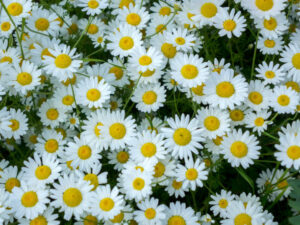
Chamomile is a must-have in any medicinal herb garden.
It’s famous for its gentle, calming effects, making it perfect for winding down after a long day.
You can grow chamomile almost anywhere; it’s a forgiving little plant that thrives in pots or directly in the ground.
Use the dried flowers to brew a relaxing tea that supports better sleep and eases digestion.
Ever had one of those nights when your mind just won’t switch off? That’s when chamomile works its magic.
2. Peppermint – Nature’s Refresh Button
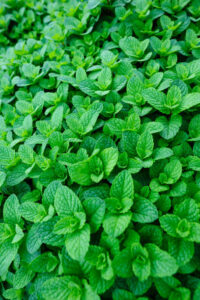
If you love fresh scents and natural relief for stomach troubles, peppermint deserves a spot in your medicine garden.
It spreads quickly, so plant it in a container unless you want it to take over your space.
A few fresh leaves make a refreshing tea that can help soothe bloating and indigestion.
Plus, the cool, minty aroma is like a mini spa treatment right in your backyard.
Who doesn’t need that now and then?
3. Lemon Balm – The Mood Lifter
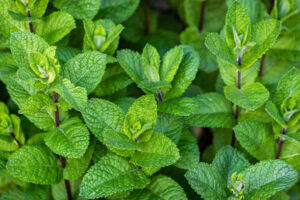
Lemon balm belongs in every easy medicinal plants guide. With its bright lemony scent and mild flavor, it’s a great herb for easing stress and boosting your mood.
💡Quick Note: Learn How To Transform A Typical Money-Draining House Into A Tiny Profitable Off-The-Grid Homestead. Click Here To Get Started Now!
Grow it in well-drained soil with plenty of sun, and it’ll reward you with lush leaves all season.
Many people sip lemon balm tea when feeling tense or anxious, kind of like a warm hug in a cup.
4. Echinacea – The Immune Booster
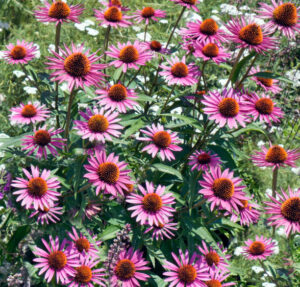
This vibrant purple flower is a staple in medical garden medicinal plants collections.
Known for supporting immune health, echinacea is often used in teas or tinctures to help fight off seasonal colds.
It’s hardy, drought-tolerant, and brings pollinators like bees and butterflies to your garden.
Ever wondered why it’s so popular in herbal remedies?
Simple, it works and looks beautiful doing it.
5. Calendula – Skin’s Best Friend

Calendula is as cheerful as it is healing.
These golden blooms are used in balms, creams, and oils to soothe cuts, rashes, and dry skin.
It’s easy to grow from seed and blooms for months, making it a visual and medicinal win.
Want an herb that works hard and looks good? Calendula delivers.
6. Lavender – Relaxation in Bloom
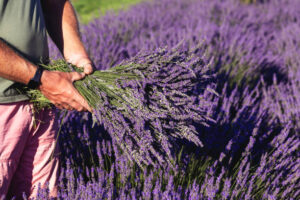
Lavender is a superstar in herbal medicine plant ideas lists for good reason.
Its soothing scent promotes calm and relaxation, and it’s also handy for skin irritations.
Grow it in a sunny spot with well-draining soil, and you’ll enjoy fragrant blooms all summer.
Dry the flowers for tea, potpourri, or homemade sachets.
7. Sage – More Than Just a Kitchen Herb
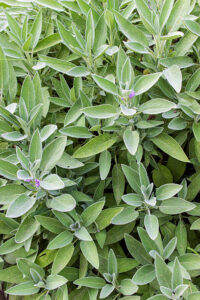
Sure, sage flavors roasted dishes beautifully, but it’s also one of the best herbs to grow for its medicinal value.
Traditionally, sage tea has been used to ease sore throats and aid digestion.
💡Quick Note: 💛Love Gardening? You’ll love this Kit! The Medicinal Garden Kit is a must-have for every gardener. Click Here to Access Now!
It’s tough, drought-resistant, and adds a silvery charm to your garden.
8. Thyme – Tiny Leaves, Big Benefits
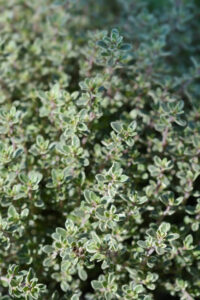
Thyme is packed with antioxidants and has natural antibacterial properties.
Perfect for coughs and respiratory issues, it’s a powerful little plant that doubles as a culinary hero.
Plus, it’s low-maintenance and grows well alongside other herbs.
9. Rosemary – The Memory Herb
Rosemary has been linked to improved focus and memory for centuries.
It’s aromatic, flavorful, and loaded with antioxidants.
This hardy plant thrives in sunny spots and makes a great companion to other medicinal plants and their uses in your garden.
10. Yarrow – Nature’s Bandage
Yarrow has a long history of use in stopping bleeding and supporting skin healing.
Its feathery leaves and clusters of white flowers are easy to grow and attract pollinators.
Keep some dried yarrow on hand for natural first aid.
11. Holy Basil (Tulsi) – Stress Fighter
Holy basil is a powerhouse adaptogen that helps the body manage stress.
It’s also great for immunity and digestion. Grow it like regular basil, but enjoy the extra health perks it brings.
12. Oregano – Flavor and Immunity
Oregano is another kitchen staple with strong medicinal properties.
Rich in antioxidants and antimicrobial compounds, it supports immune health while adding a punch of flavor to meals.
13. Aloe Vera – The Cooling Healer
No medical herbs list is complete without aloe vera. Its gel is perfect for soothing burns, cuts, and skin irritation.
Keep it in a pot on your windowsill for quick access to its healing benefits.
14. Ginger – The Warming Root
Ginger is famous for easing nausea, improving digestion, and warming you up from the inside.
You can grow it in containers indoors or outdoors, and harvest the rhizomes for tea or cooking.
15. Turmeric – Golden Goodness
Turmeric is a natural anti-inflammatory and antioxidant powerhouse.
Grow it in warm, sunny spots, and use the rhizomes fresh or dried in cooking or teas.
16. Dandelion – The Overlooked Healer
Yes, that “weed” in your yard is actually loaded with benefits.
Dandelion leaves support digestion, while the roots help detox the liver.
Harvest young leaves for salads or brew them into tea.
17. Parsley – More Than Garnish
Parsley isn’t just for decorating plates; it’s rich in vitamins and supports kidney health.
It grows easily and adds a fresh kick to any dish.
18. Chives – Gentle Onion Flavor
Chives add mild onion flavor to meals and bring antibacterial properties to your table.
They’re perennial and practically care-free once established.
19. Cilantro – Fresh and Cleansing
Cilantro is believed to help the body detox from heavy metals.
It grows fast, tastes fresh, and adds vibrant flavor to countless dishes.
20. Fennel – Sweet and Soothing
Fennel seeds aid digestion and freshen breath.
💡Quick Note: Don’t Dare To Miss this Kit! The Medicinal Garden Kit is a must-have for every gardener. Click Here to Access Now!
Grow fennel in sunny spots for its feathery leaves and sweet, anise-flavored seeds.
21. Catnip – Not Just for Cats
Catnip has calming effects for humans, too. It’s often used in teas for relaxation and mild sleep support.
Just be ready for some feline visitors if you grow it!
Conclusion
Creating a medicinal herbs garden is like building your own natural pharmacy.
With this easy medicinal plants guide, you can grow herbs that support your health, taste great, and add beauty to your space.
Whether you follow medical garden medicinal plants traditions or mix in your own herbal medicine plant ideas, the key is to choose plants you’ll actually use.
Start with a few favorites and expand as you learn what works best for you.
Before long, your medicine garden will become one of the most rewarding parts of your home.
FAQs
Q1: Which herbs are best for beginners?
Start with peppermint, chamomile, and calendula. They’re hardy, easy to grow, and offer quick benefits.
Q2: Can I grow medicinal herbs indoors?
Yes! Many herbs like aloe vera, mint, and basil, grow well in pots near a sunny window.
Q3: How do I use medicinal plants safely?
Research each herb, follow trusted sources, and consult a healthcare provider if you’re pregnant, nursing, or on medication.
Q4: Do I need special soil for medicinal herbs?
Most herbs thrive in well-draining soil. Adding compost can boost nutrients and plant health.
